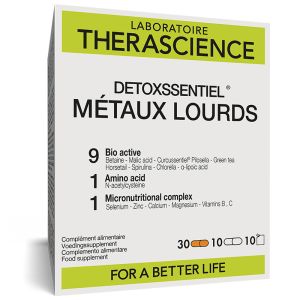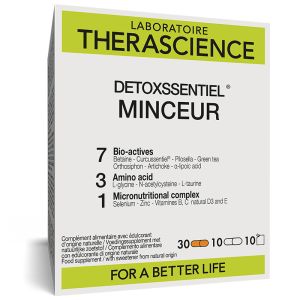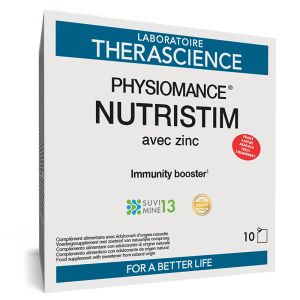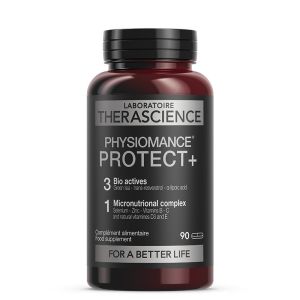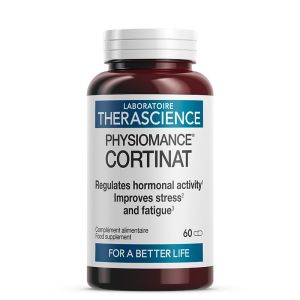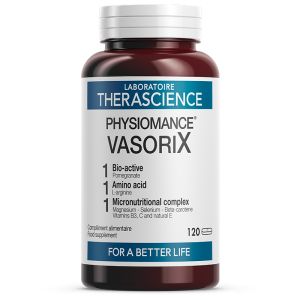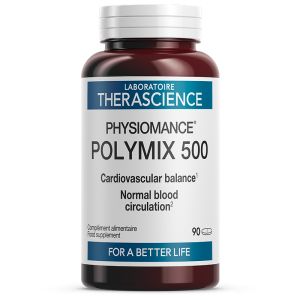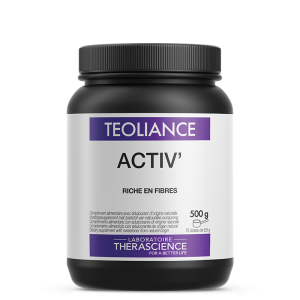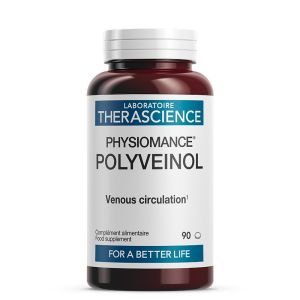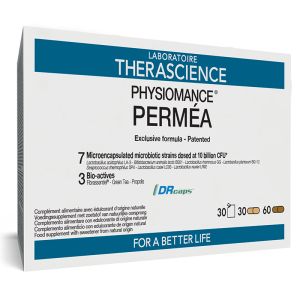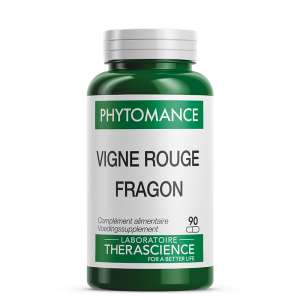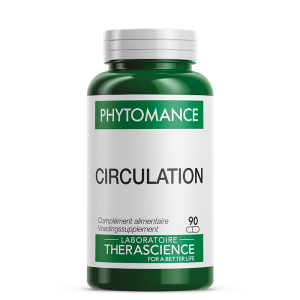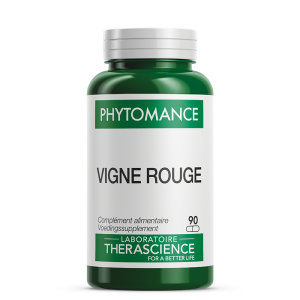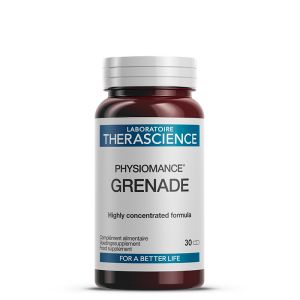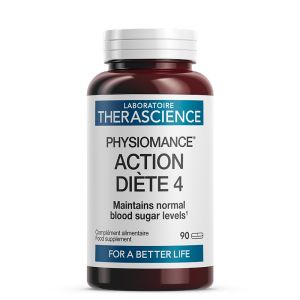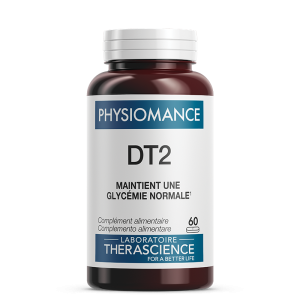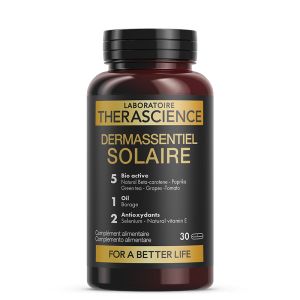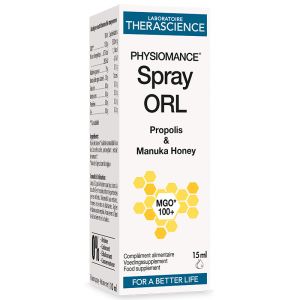
POLYPHENOLS
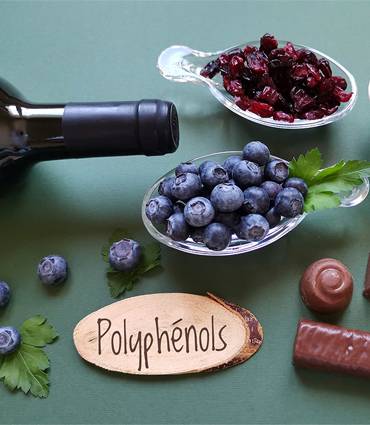
Description
Polyphenols are a large family of molecules mainly derived from plants. They have antioxidant properties and limit cell aging. Polyphenols are used in the prevention of cardiovascular, inflammatory and neurodegenerative diseases.
Polyphenols include anthocyanosides, flavonoids, coumarins as well as hydrolysable and non-hydrolysable tannins.
One of the polyphenols is resveratrol, present in wine.
Anthocyanosides
These are pigments responsible for the red, blue or violet coloring of flowers and fruit.
They are found in red wine, cornflower, blackcurrant, elderberry and cranberry.
They have antioxidant and anti-oedematous activity. They participate in the regeneration of the visual purple. In addition, they inhibit the activity of proteolytic enzymes involved in the degradation of collagen. Anthocyanosides are therefore responsible for protecting blood capillaries, increasing their resistance and reducing their permeability.
Tannins
Tannins are antioxidants but also enzyme inhibitors. They protect cartilage by preventing the degradation of hyaluronic acid.
Tannins are astringent and have anti-fungal and antibacterial properties. They can also be used to regenerate tissue in case of burns and can be ingested in case of diarrhea.
Tannins are present in certain plants such as witch hazel, beetroot, oak, tea, cypress, horse chestnut or hazelnut leaves.
Ecklonia bicyclis, also known as arame, is an algae that contains phlorotanins, which have a powerful antioxidant effect.
Flavonoids
These molecules are anti-inflammatory, antiviral, antibacterial and anti-platelet aggregating. Discovered in 1936, flavonoids earned their discoverer, Hungarian scientist Albert Szent-Györgyi, the Nobel Prize in Medicine. They have a powerful antioxidant role.
Quercetin is the flavonoid that has been the most studied. This molecule is notably present in blueberries (18mg/100g) and capers (181mg/100g).
The coumarins
Coumarin plants include sweet clover and horse chestnut. Esculoside, fraxoside and melilotin are coumarins.
This class of molecule has anti-oedematous and veinotonic properties. Coumarins exert a coronary vasodilating action.
Coumarins are also photosensitising. Their application to the skin, for example through essential oils, should not be followed by exposure to the sun for the next 6 hours.
Benefits
- Polyphenols form a large family of antioxidant molecules. They protect against the harmful effects of free radicals, strengthen immunity and stimulate the body's natural defenses thanks to their antibacterial and antiviral properties.
- Polyphenols prevent the appearance of age-related changes and help to strengthen resistance to stress.
- They protect the blood capillaries and help maintain good blood circulation, especially in the case of heavy and tired legs.
- In addition, polyphenols are involved in the maintenance and control of weight gain. They help to reduce the presence of fats by promoting the metabolism and oxidation of fats.
- Their consumption contributes to the maintenance of a healthy intestinal microbiota. Indeed, the polyphenols in wine and tea have the capacity to inhibit the virulence factors of the pathogenic Helicobacter pylori bacteria. In addition, they allow the development of bifidobacteria and bacteria of the genus Prevotella, Bacteroides and Enterococcus, which are "good" bacteria naturally present in the body.
- To find out more about Ecklonia bicyclis, click here .
Our products based on Polyphenols
-
€46.90
-
€36.00
-
€37.80
-
€36.90
-
€34.00
-
€48.40
-
€29.80
-
€41.60
-
€48.00
-
€49.50
-
€43.20
-
€52.80
-
€28.90
-
€30.90
-
€26.00
-
€16.10
-
As low as €18.50In stock
-
As low as €28.90In stock
-
As low as €20.00In stock
-
€15.90













